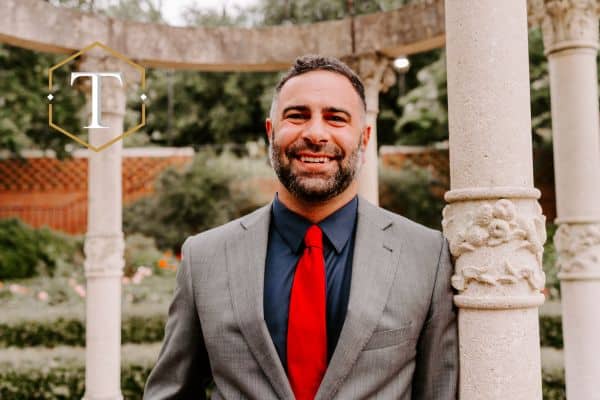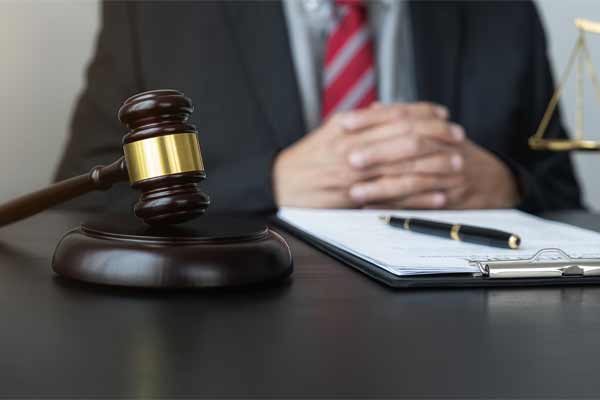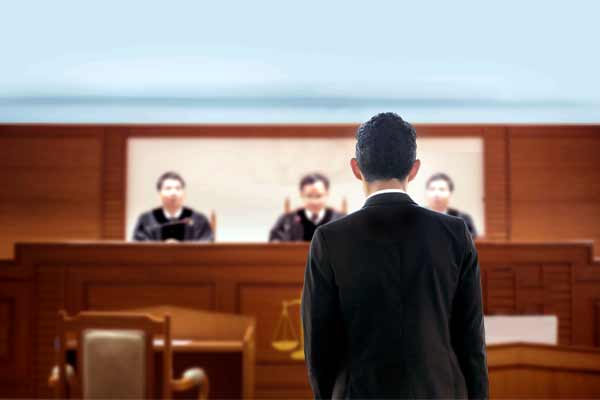When facing criminal charges in South Carolina for the first time, it can be confusing trying to understand where your case is going next, what kind of courtroom you might find yourself in, and what kind of sentencing you can be facing. The criminal justice process can be long and tedious, and more than intimidating to those under its thumb.
At Touma Law Group, we take out job as defense attorneys seriously and spend every day defending our clients in South Carolina circuit courts. We knew the ins and outs of South Carolina criminal law, and use every bit of our experience and education every day, applying the law to our client’s real cases.
What is Circuit Court?
While there are many types of courts in South Carolina, from Family Court to Probate Courts, Circuit Courts handle all criminal charges. Circuit Courts are split into two different categories:
- Common Pleas Court (civil court): for misdemeanor offenses to carry a sentence of less than 30 days, and fines of less than 500$
- General Sessions Court (criminal court): for a misdemeanor or felony offenses that carry a sentence greater than 30 days, and fines greater than $500

If you are not sure which court you will be sent to, simply look at the maximum sentencing for the crime you are have been charged with. If it carries possible sentencing greater than the lowest requirement for General Sessions court, then you will attend General Sessions court.
What is General Sessions Court?
Any crime that carries a possible sentence higher than 30 days in jail/prison, and fines greater than $500 is covered in General Sessions court. This can be for any crime: from DUI to burglary, to drug charges, etc, as long as the sentencing for your crime matches the parameters for General Sessions court.
In General Sessions court, you will first be given a bond hearing by Circuit Court Judges, and then a preliminary hearing before the same judge, who will be the judge presiding over all of your case. During this court hearing, the arresting law enforcement officers, investigators, and prosecutors will do their best to convince the judge to keep you in jail, while your attorney will do their best to have you released immediately, and have the charges dropped against you.
A Grand Jury, a jury made up of citizens, will then hear from your defense and from the prosecution, and then decide whether or not charges should be brought against you. If the Grand Jury decides that there is enough evidence to bring charges against you, you will need to make First and Second appearances in court. The purposes of these court dates are to make sure that you either have an attorney already, or to provide you will a public defender, and during the second appearance, you and your attorney will enter your plea deal.
Prior to your second appearance is when your attorney should be contacting the prosecutor in order to ask for and negotiate a plea deal for you. One must be reached before your Second Appearance since your plea must be entered during your second appearance.

If you do not accept a plea deal, and you plead Not Guilty, then the next step in General Sessions Court is trial, before a jury of your peers that will decide your fate going forward.
Are There Exceptions?
The process above is how most cases go through the system, but there may be some exceptions. For example, if you are accused of a violent crime such as murder, rape, assault, or domestic violence, then you may be denied bond and you will be required to stay in jail during your entire trial. This time can be used as time served towards your sentencing if you are found guilty. In some cases, however, the judge may rule that it cannot be used towards your total time. This normally depends on the severity of your crimes and charges.
You may also qualify for a non-jury trial. If you so choose, your judge will hear the entire case and make a decision, rather than a Jury witnessing the case and coming to a decision. Attorneys sometimes advise their clients to choose a non-jury trial or a bench trial, if they believe the judge is more likely to find you innocent.
Learn More: What is Pre-Trial Intervention?
Sentencing Hearing
The last step of General Sessions court is the Sentencing Hearing. Whether you choose a jury trial or a bench trial, you will be assigned one last court date after the reading of your verdict at which the judge will announce your sentencing or the punishment you will be facing.
While sentencing can vary greatly if you are in General Sessions court, rather than civil court, this will be a minimum of 30 days in jail, and a minimum of $500 in fines, but it can escalate all the way into life in prison, or even the Death Penalty. South Carolina still allows the Death penalty as punishment for certain crimes, though only 2 death row inmates have been subjected to lethal injection in the last decade.
Your sentencing can be extremely simple, or extremely complex. For first-time offenders, sentences are normally around the minimum sentencing guidelines, or just above. Repeat offenders are often given harsher sentences. Your sentence can include many things, such as how long into your sentence you will be allowed parole, if you are allowed parole, community services that must be completed, educational classes relating to your crimes you must attend, etc.
You will also have your chance at this point for your appeals from the court’s decision.
What Crimes Qualify for General Sessions Court?
Any and all crimes can qualify for General Sessions court, under the right circumstances. Second and third offenses normally always qualify for General Sessions court, and felony charges can only be seen in General Court. Normally, non-violent crimes will not be seen in General Sessions court, unless they are felony charges or a series of repeat offenses.

For example, if you are charged with the destruction of public property for creating graffiti, this will normally be given to civil court. If this is a repeat offense, or the property damage was from something more damaging, such as fire, then you will most likely be assigned a General Sessions judge.
Your attorney will be able to give you a better idea if you hire an attorney before court. Having an attorney before attending court also raises the chances your charges could be lessened, and you can afford to attend General Sessions court.
Call Our Firm to Learn How We Can Help With General Sessions Court Hearings
If you are being charged with any criminal activity in the state of South Carolina, no matter what stage your charges are in, you need experienced Greenville criminal defense attorneys by your side. At Touma Law Group, we spend every day defending our clients in South Carolina courtrooms, and we have the experience needed to bring about the best possible outcome for your case.
Call us today for a free consultation and legal advice, and let’s work together to build the best possible defense for your case, and begin your journey back to life as a free American.



